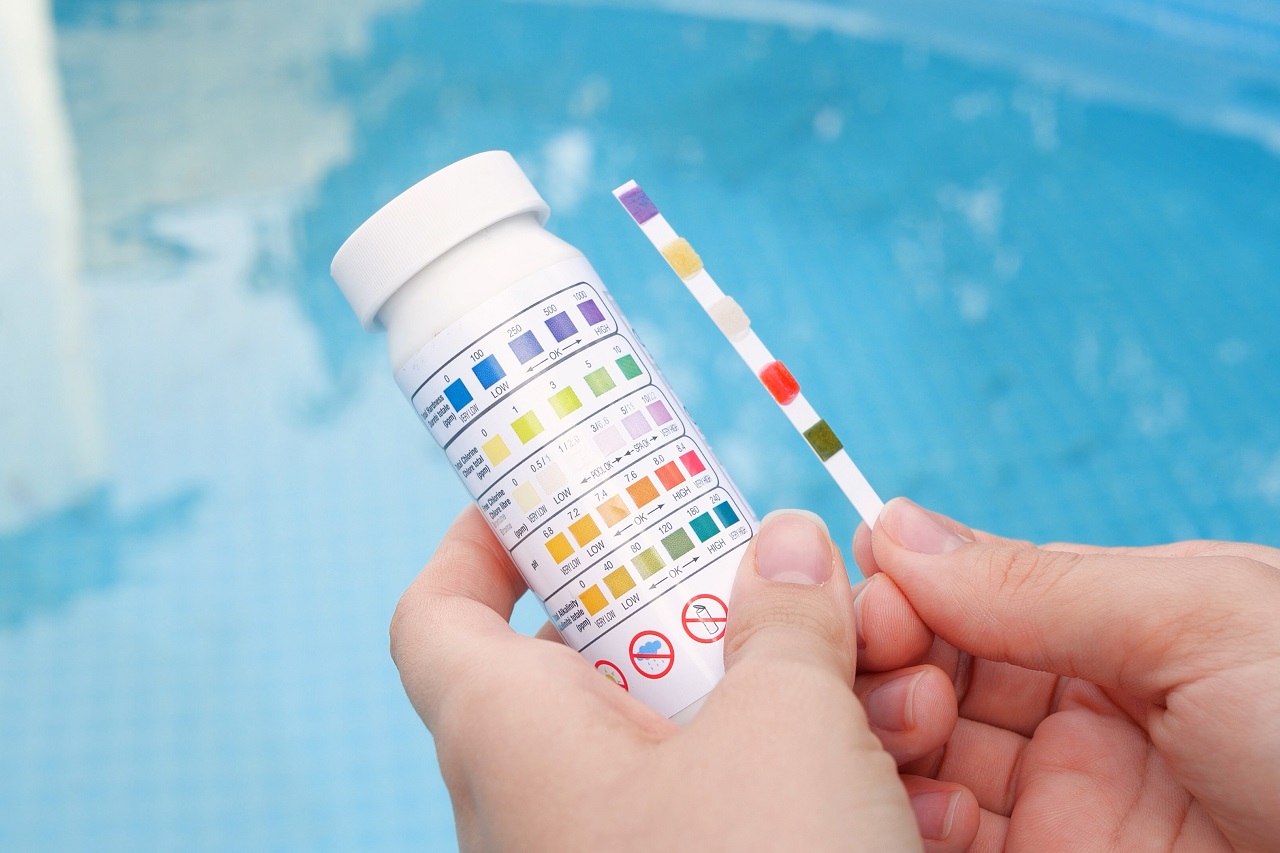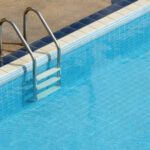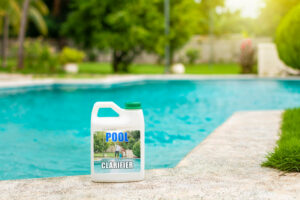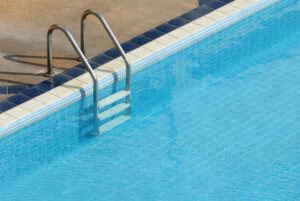Maintaining a safe and clean pool is important for both enjoyment and health. One key part of pool maintenance is using and storing pool covers properly. Pool covers help keep debris out, maintain water temperature, and ensure safety when the pool is not in use. Using them the right way can save you effort and extend the life of your pool.
Learning the correct methods for handling pool covers can sometimes feel complicated, but it doesn’t have to be. From the different types of covers available to the best practices for storage, understanding these fundamentals can make all the difference. This guide will walk you through everything you need to know to protect your pool and enhance its longevity.
By following simple usage and storage tips, you can keep your pool cover in excellent condition and your pool in great shape all year round. Proper care of your pool cover ensures that your pool remains a safe place for fun and relaxation, leaving you more time to enjoy your backyard oasis.
Understanding Pool Chemicals: The Basics Explained
Maintaining a pool involves more than just keeping it clean. Pool chemicals play a crucial role in ensuring the water is safe and enjoyable. Understanding these chemicals helps you keep your pool in perfect condition. The main chemicals used in pools are chlorine, pH balancers, and alkalinity accelerators.
Chlorine is probably the most important chemical for your pool. It kills bacteria and keeps the water clear. Without chlorine, your pool could become a breeding ground for harmful germs. pH balancers help maintain the right level of acidity in the water. If the pH level is too high or too low, it can cause problems for both pool equipment and swimmers. Alkalinity increasers stabilize the pH levels, ensuring the other chemicals work effectively. By learning the basics of these pool chemicals, you can ensure your swimming area stays clean and safe.
Essential Chemicals for Maintaining Clear Water: A Complete List
Keeping your pool water crystal clear requires a few key chemicals. Each chemical has a specific job in maintaining the water’s quality. Here’s a list of the most essential chemicals you’ll need:
1. Chlorine: This is the most common disinfectant used in pools. It comes in several forms including tablets, granules, and liquid. Chlorine kills bacteria and controls algae growth, keeping the water clear and safe.
2. pH Balancers: There are two main types of pH balancers. pH increasers (usually sodium carbonate) raise the pH level when it’s too low. pH decreasers (often muriatic acid) lower the pH when it’s too high. Keeping the pH level balanced prevents skin and eye irritation.
3. Alkalinity Increasers: These chemicals, like sodium bicarbonate, help stabilize the pH level. Proper alkalinity prevents sudden pH changes, which can damage your pool equipment and irritate swimmers.
4. Algaecides: These chemicals prevent and treat algae growth. Algae can turn your pool water green and make the surfaces slippery. Regular use of algaecides keeps the water clear and safe.
5. Calcium Hardness Increasers: Maintaining the right level of calcium helps prevent damage to the pool’s surface and equipment. If calcium levels are too low, it can cause corrosion. If too high, it can lead to scaling.
6. Stabilizers: Also known as cyanuric acid, stabilizers protect chlorine from being broken down by sunlight. This ensures your chlorine works more effectively for a longer period.
By using these essential chemicals correctly, you can maintain clear, safe, and inviting pool water throughout the swimming season.
How to Test and Balance Your Pool Water
Keeping your pool water clean and balanced is crucial for a safe and enjoyable swimming experience. Regular testing allows you to monitor the chemical levels and make adjustments as needed. We recommend testing your pool water at least once a week. Use a test kit or test strips to measure key levels like pH, chlorine, alkalinity, and calcium hardness.
1. Testing pH Level: pH measures how acidic or basic your pool water is. Ideally, it should be between 7.2 and 7.8. If the pH is too high, add a pH decreaser. If it’s too low, use a pH increaser to bring the level back to normal.
2. Checking Chlorine Levels: Chlorine keeps your pool water sanitized by killing bacteria and algae. The ideal chlorine level is between 1 and 3 parts per million (ppm). If the level is low, add chlorine to the water. If it’s too high, you may need to dilute the pool water by adding fresh water.
3. Balancing Alkalinity: Total alkalinity helps stabilize the pH level. The ideal range is between 80 and 120 ppm. If alkalinity is too low, add an alkalinity increaser. If it’s too high, use a pH decreaser.
4. Calcium Hardness: This affects the water’s softness and can impact the pool’s surfaces and equipment. The ideal range is between 200 and 400 ppm. If the calcium level is too low, add a calcium hardness increaser. If it’s too high, you may need to partially drain and refill the pool with fresh water to dilute the calcium concentration.
Tips for Storing and Handling Pool Chemicals Safely
Proper storage and handling of pool chemicals are essential for safety. Pool chemicals are strong and can be dangerous if not managed correctly. Here are some tips to keep in mind:
1. Storage Tips:
– Keep chemicals in a cool, dry, and well-ventilated area.
– Store different types of chemicals separately to prevent any dangerous reactions.
– Keep chemicals in their original containers with labels intact.
– Ensure that the storage area is out of reach of children and pets.
2. Handling Tips:
– Always read and follow the instructions on the chemical labels.
– Use gloves and eye protection when handling chemicals.
– Never mix different chemicals together, as this can cause harmful reactions.
– Add chemicals to water, not water to chemicals, to prevent splashes and reactions.
– Rinse and properly dispose of empty containers according to local regulations.
Final Thoughts
Understanding pool chemicals and how to use them properly is essential for maintaining a safe and clean swimming pool. Regularly testing and balancing your pool water ensures that you and your family can enjoy a healthy swimming environment. Properly storing and handling chemicals further ensures the safety and longevity of your pool equipment.
For more expert advice or to purchase high-quality pool chemicals, come visit us at Cincinnati Pool & Patio. Our knowledgeable team is here to help you keep you with pool maintenance all year round. Enjoy a sparkling clean pool with our products and support.








